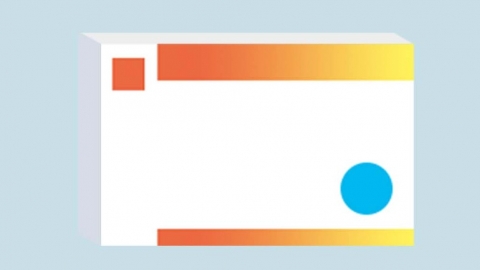Can patients with anxiety take contraceptive pills?
Generally, whether patients with anxiety disorder can take contraceptive pills should be comprehensively evaluated based on individual health status, medication response, and the stability of their condition. If contraception is needed, it is recommended to do so under the joint guidance of gynecological and psychiatric physicians. The specific analysis is as follows:

Patients who are in good health and have stable conditions may take contraceptive pills after professional assessment. Such patients do not have severe cardiovascular diseases or thrombotic risks, their anxiety symptoms are well controlled, and they have previously taken similar hormonal medications without adverse reactions. Under medical supervision, selecting an appropriate type of contraceptive pill and regularly monitoring physical indicators and emotional status usually allows for safe use.
Individuals with underlying medical conditions or unstable anxiety symptoms are not advised to take contraceptive pills. Some patients may have comorbidities such as hypertension or a history of thrombosis, or experience frequent anxiety episodes. Taking contraceptive pills could lead to side effects like irritability and insomnia, potentially worsening existing discomfort. In these cases, taking such medication without proper evaluation may pose significant health risks; alternative contraceptive methods should be prioritized, and anxiety management should be stabilized first.
In daily life, maintaining regular sleep patterns is essential—avoid staying up late, which can disrupt endocrine function. Diet should be light yet nutritious, with reduced intake of caffeine and high-sugar foods. Set aside a fixed time each day for relaxation techniques such as deep breathing or meditation. Engage regularly in gentle outdoor activities like walking or tending to plants to help divert attention. Proactively share feelings with family and friends to prevent long-term emotional buildup, and attend regular follow-up appointments to adjust treatment and care plans as needed.









